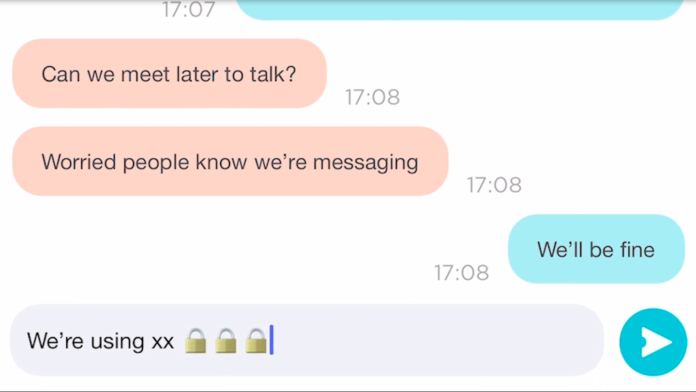xx messenger, touted as the world’s first quantum-resistant messaging app, is now live on xx network and allowing users to communicate in real time through hundreds of decentralised nodes operating worldwide.
The app is available for download on IOS and Android, features group chat as well as photo and audio sharing, and designed for easy use and switching to legacy messaging apps.
Unlike existing messaging apps, xx messenger uses quantum-resistant cryptography to protect message content from decoding and cMix software to obfuscate or shred metadata — information about who sends, when they send, where they send from, and who receives.
Randomly selected teams of xx nodes encrypt anonymity sets of 1,000 messages, which are then repeatedly shuffled and have also been encrypted using quantum-resistant cryptography.
Information that links senders and receivers is destroyed, preventing third parties from tracking intimate details about the patterns and structure of our lives.
xx messenger is dedicated to protecting and strengthening inalienable privacy rights at the dawn of web3.
Currently, messages sent on all other existing messengers, even those with “strong end-to-end encryption,” will be easily retroactively decoded and analysed by AI. According to xx network, only what has been said using xx messenger will remain private.
Also, Metadata shredding works by sending messages through randomly chosen xx network nodes around the world. Each node changes the order and the encryption before forwarding and then erases any record of what it has done.
Further, the xx network supporting the xx messenger is a distributed, decentralised blockchain, now in mainnet, and is operated on transparent software run by more than 350 independently owned nodes in more than 80 countries.
xx network avers that the xx messenger app is truly a decentralised App (dApp), which means that it operates on a decentralised blockchain autonomously through smart contracts.
The pioneering team behind the creation of the xx messenger developed early practical, anonymous, and verifiable cryptographic systems and is led by renowned cryptographer David Chaum, who proposed and deployed digital currencies, mix networks, permissionless cryptographic solutions, and verifiable voting systems starting in the 1980s.
















